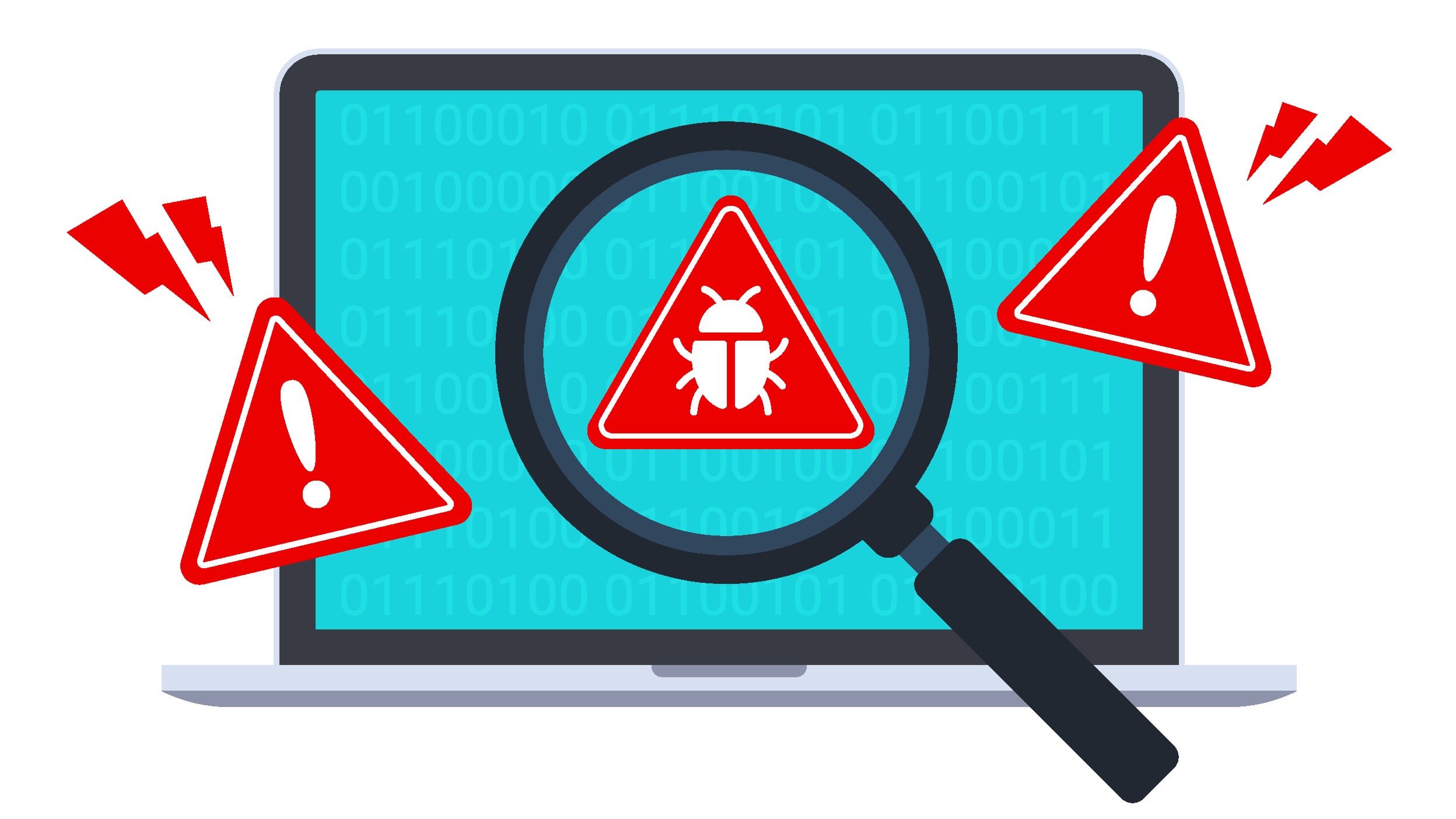SonicWall is being attacked by some very persistent malware
Malware is even able to survive firmware updates

Sign up for breaking news, reviews, opinion, top tech deals, and more.
You are now subscribed
Your newsletter sign-up was successful
SonicWall devices are being attacked by some very persistent malware that is capable of surviving through multiple firmware updates, experts have claimed.
Cybersecurity researchers from Mandiant and SonicWall recently discovered a custom-built malware, designed specifically for SonicWall Secure Mobile Access (SMA) appliances, most likely designed by a Chinese threat actor dubbed UNC4540.
Its features show a “deep understanding” of the devices it was built for, and the malware is designed for espionage, the researchers claim, as it’s capable of stealing user passwords, as well as providing shell access.
Establishing remote access
“The overall behavior of the suite of malicious bash scripts shows a detailed understanding of the appliance and is well tailored to the system to provide stability and persistence," Mandiant said.
The main module can steal hashed credentials of all users that are logged into the compromised endpoints, copy them into a text file and ship them out to be decrypted elsewhere. Another module establish a reverse shell for easy remote access. Also, the researchers found a module that adds a small patch to a legitimate SonicWall binary whose purpose they still weren’t able to determine.
The researchers also couldn’t determine which vulnerability the attackers used to compromise these devices with malware, but they’re suspecting the malware was deployed years ago and successfully lived through multiple firmware updates. They believe the initial compromise could have been done back in 2021.
To protect your devices against unknown threats such as this one, the best course of action is to apply the latest security updates. SonicWall’s latest version for targeted appliances is 10.2.1.7, the publication says, adding that the patch includes File Integrity Monitoring (FIM) and anomalous process identification, two features “which should detect and stop this threat.”
Sign up to the TechRadar Pro newsletter to get all the top news, opinion, features and guidance your business needs to succeed!
"In recent years Chinese attackers have deployed multiple zero-day exploits and malware for a variety of internet facing network appliances as a route to full enterprise intrusion, and the instance reported here is part of a recent pattern that Mandiant expects to continue in the near term," Mandiant concluded.
- These are the best firewalls right now
Via: BleepingComputer
Sead is a seasoned freelance journalist based in Sarajevo, Bosnia and Herzegovina. He writes about IT (cloud, IoT, 5G, VPN) and cybersecurity (ransomware, data breaches, laws and regulations). In his career, spanning more than a decade, he’s written for numerous media outlets, including Al Jazeera Balkans. He’s also held several modules on content writing for Represent Communications.